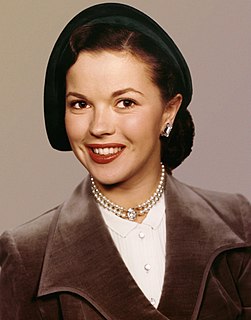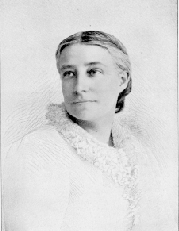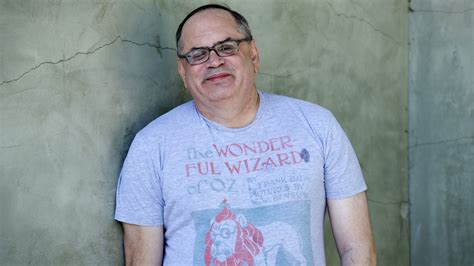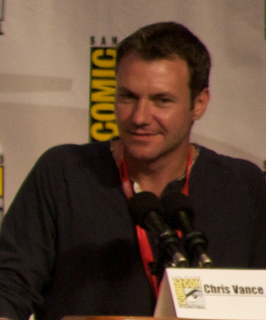A Quote by Shirley Temple
I loved what I did. I remember cruel mothers who would pinch their children to make them cry in a scene, but my mother encircled me with affection.
Related Quotes
Imagine that someone said or did something cruel to you, but that you did not react in any way whatsoever – you did not become upset, resentful or even ruffled. You simply observed that this person was saying or doing something cruel, as though you were calmly observing the scene in a movie. You simply would not be stressed by what would appear to others to be a highly stressful encounter. Stress and cruelty affect us as profoundly as they do only because we react to them resentfully.
I'm not saying that all women are blameless - all women are not. There are women with despicable characters who are cruel and terrible and some of them are mothers. But why do we blame our mothers more than our fathers? We let our fathers get away scot-free. We hardly even knew who they were in many cases, given the way this culture raises kids, and they may have been quite cruel. They may even have raped us as children, but even if they raped us, we will blame our mothers for not protecting us instead of blaming our fathers who actually did it.
When I look at birds and animals, their survival is without rules, without conditions, without organization. But mothers take good care of their offspring. That's nature. In human beings also, parents - particularly mothers - and children have a special bond. Mother's milk is a sign of this affection. We are created that way. The child's survival is entirely dependent on someone else's affection. So, basically, each individual's survival or future depends on society. We need these human values.
Someday, when my children are old enough to understand the logic that motivates a mother, I'll tell them: I loved you enough to bug you about where you were going, with whom and what time you would get home. ... I loved you enough to be silent and let you discover your friend was a creep. I loved you enough to make you return a Milky Way with a bite out of it to a drugstore and confess, 'I stole this.' ... But most of all I loved you enough to say no when you hated me for it. That was the hardest part of all.
When I'm creating a character, it's a little bit like what my theater teachers used to tell me about Stanislavsky, like if you're using sense memory to do a scene - if you have to cry in a scene, you try to remember something in your life that made you cry and you use that in order to get the tears.
I learned early that crying out in protest could accomplish things. My older brothers and sister had started to school when, sometimes, they would come in and ask for a buttered biscuit or something and my mother, impatiently, would tell them no. But I would cry out and make a fuss until I got what I wanted. I remember well how my mother asked me why I couldn't be a nice boy like Wilfred; but I would think to myself that Wilfred, for being so nice and quiet, often stayed hungry. So early in life, I had learned that if you want something, you had better make some noise.
I believe it would be much better for everyone if children were given their start in education at home. No one understands a child as well as his mother, and children are so different that they need individual training and study. A teacher with a roomful of pupils cannot do this. At home, too, they are in their mothers care. She can keep them from learning immoral things from other children.



































